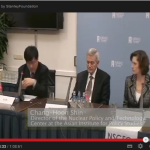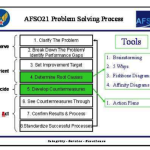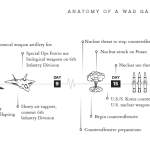Daily Report Archives
Established in December 1993, the Nautilus Institute’s *N*ortheast *A*sia *P*eace and *S*ecurity *N*etwork (NAPSNet) Daily Report served thousands of readers in more than forty countries, including policy makers, diplomats, aid organizations, scholars, donors, activists, students, and journalists.
The NAPSNet Daily Report aimed to serve a community of practitioners engaged in solving the complex security and sustainability issues in the region, especially those posed by the DPRK’s nuclear weapons program and the threat of nuclear war in the region. It was distributed by email rom 1993-1997, and went on-line in December 1997, which is when the archive on this site begins. The format at that time can be seen here.
However, for multiple reasons—the rise of instantaneous news services, the evolution of the North Korea and nuclear issues, the increasing demand for specialized and synthetic analysis of these and related issues, and the decline in donor support for NAPSNet—the Institute stopped producing the Daily Report news summary service as of December 17, 2010.
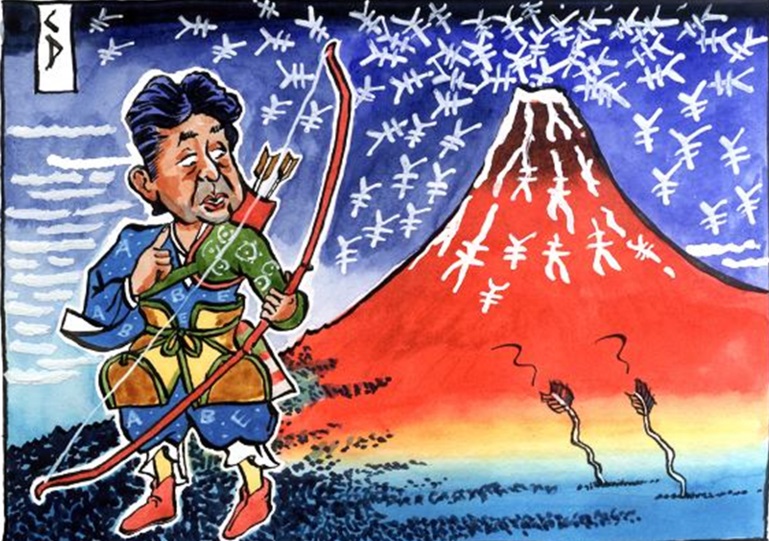
This article describes the impressive, resilience-targeted greening of Japan, evident in nationwide deployments of renewable energy, radical efficiency, and other core aspects of sustainability. These developments are already underway, and include public- and private-sector actors as well as community groups. The greening also has promising stamina due to being increasingly deeply inscribed in the fiscal, regulatory and other mechanisms of a rapidly emergent industrial policy.
Andrew DeWit is Professor in the School of Policy Studies at Rikkyo University and an Asia-Pacific Journal coordinator. With Iida Tetsunari and Kaneko Masaru, he is coauthor of “Fukushima and the Political Economy of Power Policy in Japan,” in Jeff Kingston (ed.) Natural Disaster and Nuclear Crisis in Japan.
Go to the article
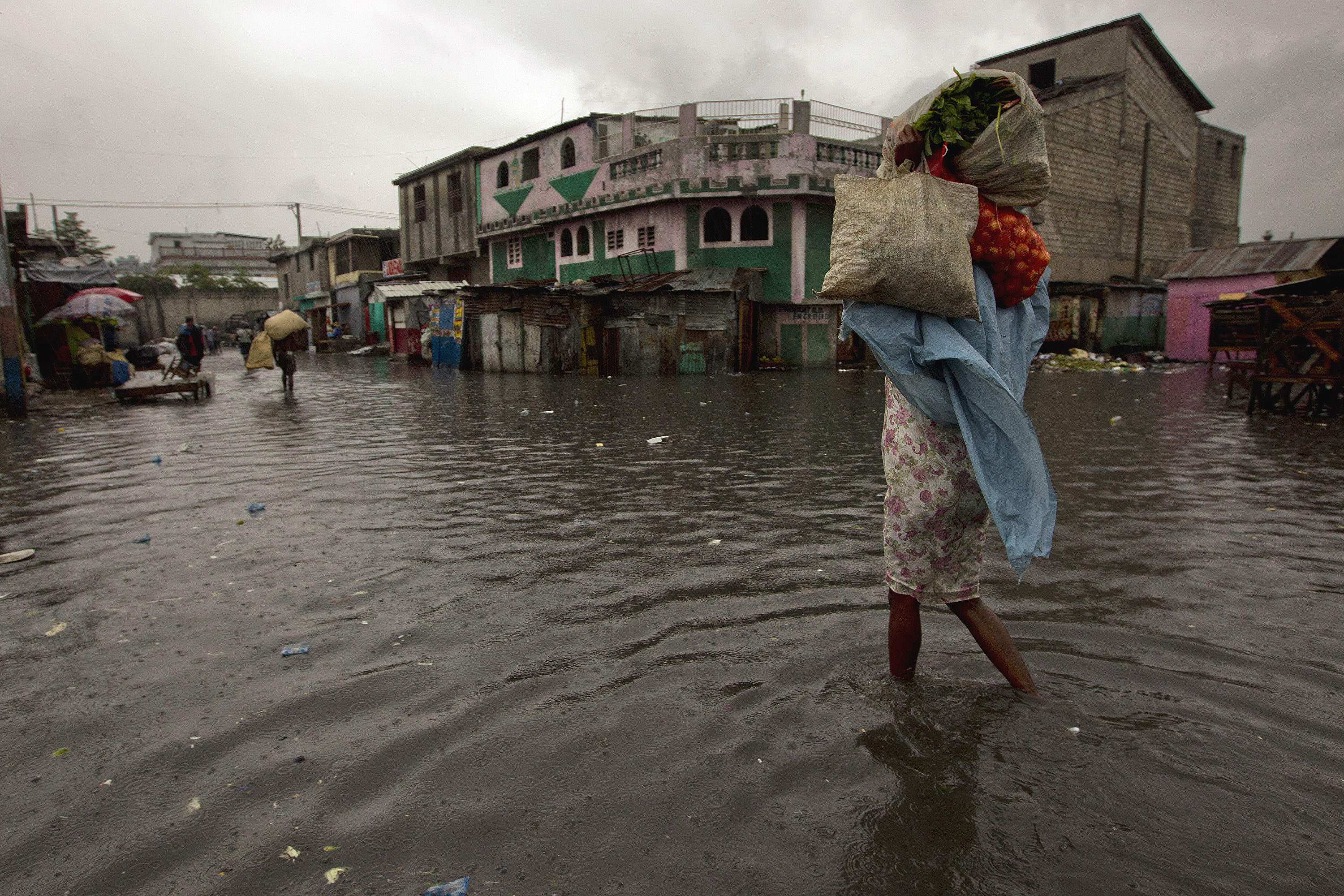
Saleem Janjua writes “For developing-country local governments to start any climate adaptation actions, it is important to secure a high level commitment from local leaders….Once the vision for climate adaptation action in local governments is formulated by the political and public-sector local leadership and understood by the staff as well, strategies to adapt to climate change can then be developed easily.”
Saleem Janjua is the Climate Change Adpation contributor to the NAPSNet Weekly Report, and the Editor of AdaptNet.
The views expressed in this report d
Go to the article
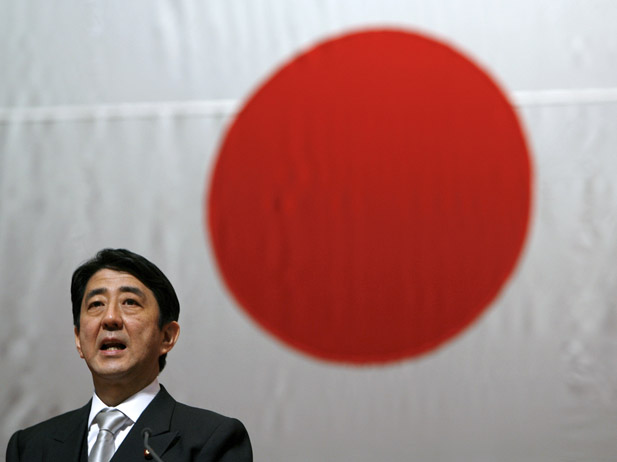
Tessa Morris-Suzuki writes ‘in recent months sections of the media in Japan, and even internationally, have gone into overdrive to sell the message that Japanese Prime Minister Shinzo Abe is not a nationalist.
‘Those who care about the future of Japanese society should not allow the dazzle of verbal juggling to induce a political version of the Gruen Transfer. The prime minister’s ideology may be re-branded for the global market, but the old adage remains: buyer beware.’
Tessa Morris-Suzuki is a historian of modern Japan and Korea. She is Professor in the School of Culture, History and Language, College of Asia and the Pacific, the Australian National University.
Go to the article
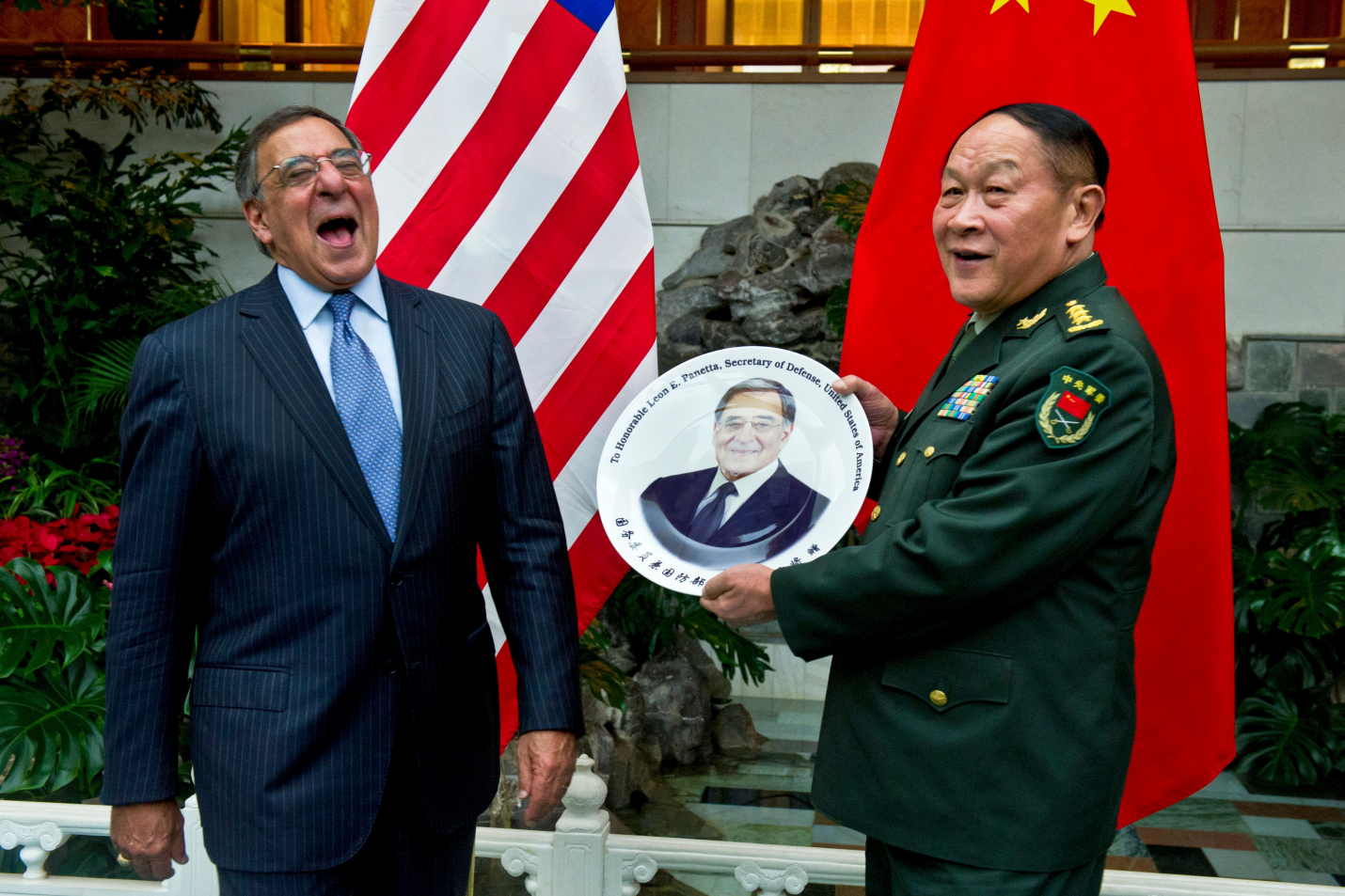
by Peter Hayes June 27, 2013 I. Introduction Peter Hayes writes “The tug of war over Taiwan and the contest between the US and Chinese military to deny access to the other in China’s coastal zone and the western Pacific States is……simply the most dangerous possible conflict in the region….Yet even here, we find that […]
Go to the article
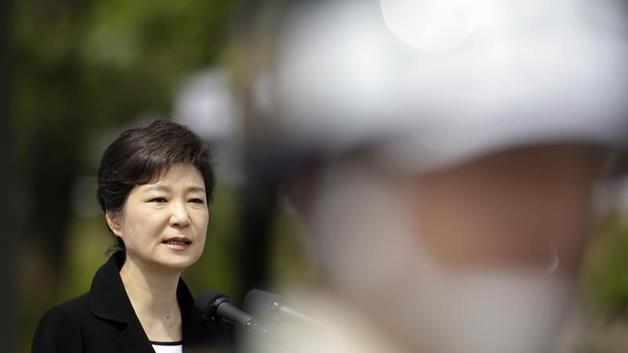
Is it possible for President Park to get China to commit to more than a symbolic statement regarding North Korea’s nuclear weapons program during her upcoming meeting with President Xi Jinping? According to Peter Hayes, “The answer is definitely yes. South Korea can propose at least three types of “three party talks” at the Summit that would put South Korea in the driver’s seat, and break the deadlock with North Korea. These are all consistent with the eventual resumption of the Six Party Talks, although they do not depend upon this happening to have positive effects.” He goes on to state that, “At this juncture, only President Park can provide the necessary leadership to move this agenda forward.”
Peter Hayes is the Executive Director of the Nautilus Institute and a Professor at RMIT University.
Go to the article
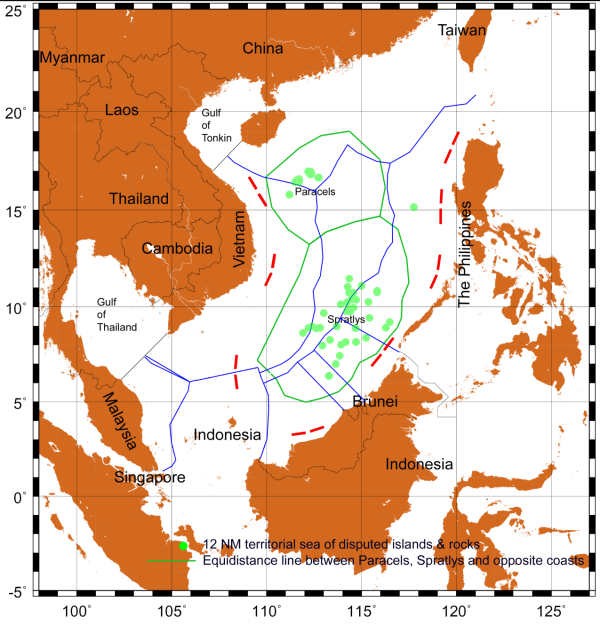
Huy Duong and Tuan Pham analyze statements that Mark Valencia, in his article The South China Sea: What China Could Say, asserts that China could potentially issue in order to ‘clarify its position regarding its maritime claims and actions in the South China Sea.’ Huy Duong and Tuan Pham conclude that these statements show that China’s stance is at odds with the current regime of international law in a way that cannot be addressed by rhetoric or justified as evolution of international law. Mark Valencia offers a rejoinder to this response.
Huy Duong works at the Southeast Asian Sea Foundation and contributes articles to the BBC and Vietnam’s online publication VietNamNet. Tuan Pham is an Associate Professor at the University of New South Wales. The authors wish to thank David Brown and Dang Vu for valuable comments.
Mark J. Valencia is a Visiting Senior Scholar at the National Institute for South China Sea Studies, Haikou, China.
Go to the article
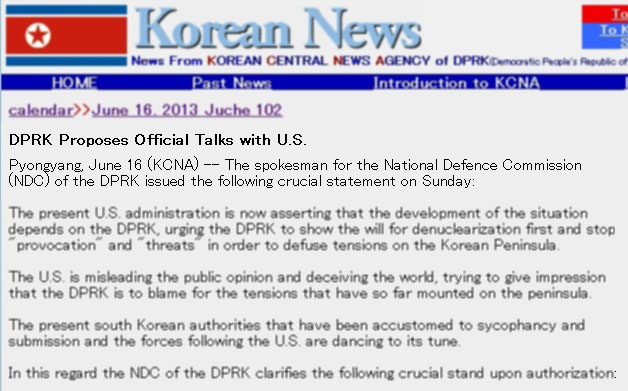
James Goodby writes that if the Administration’s “pivot to Asia” is meant to signal a new era of American activism in the Asia-Pacific region, the president should describe to his partners in Asia how he sees the elements of a comprehensive security settlement coming together. A beginning can be made by defining the categories of security issues that need to be addressed, and by which states. The three main categories are:
(1) issues left over from the 1950-53 Korean War and the elements of a North-South peace regime (most of which have solutions that have been formally agreed upon in past statements issued by the North and South Korean Governments and many have been at least implicitly endorsed this year by Kim Jong-un)
(2) issues related to North Korea’s nuclear weapons program (and President Obama’s call for “a world without nuclear weapons” could be a device for placing a de facto nuclear weapons-free zone on the agenda to address this), and
(3) issues related to regional inter-state relations in Northeast Asia (one approach to solving these would be to organize something like an Organization for Security and Cooperation in Europe (OSCE) for Northeast Asia).
James Goodby is a Nonresident Senior Fellow at the Center for Northeast Asia Policy Studies, The Brookings Institution. Ambassador Goodby’s analysis does not necessarily reflect the opinions of the institutions with which he is affiliated.
Go to the article


